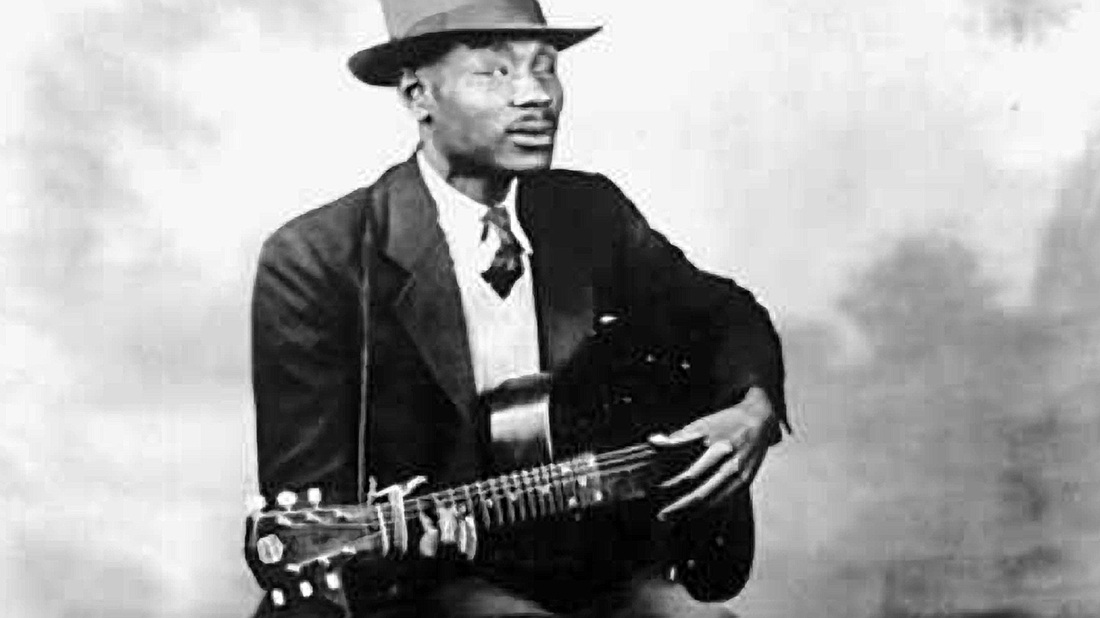Blind Boy Fuller, born as Fulton Allen on July 10, 1907, in Wadesboro, North Carolina, was a seminal figure in the world of blues music. His life story, much like his music, was filled with hardship, resilience, and a profound ability to express the depths of the human experience through song.
Fuller lost his eyesight at a young age, purportedly due to either smallpox or meningitis, hence earning him the moniker “Blind Boy.” Despite his visual impairment, Fuller exhibited a natural talent for music from an early age. He began his musical journey by learning to play the guitar, drawing inspiration from the Piedmont blues tradition that thrived in the Southeastern United States.
In the 1920s, Fuller left his hometown and ventured to Durham, North Carolina, where he found a bustling music scene. It was there that he honed his craft, busking on street corners and performing at local venues. Fuller’s distinctive fingerpicking style, characterized by intricate syncopation and nimble fretwork, quickly caught the attention of audiences and fellow musicians alike.
Throughout the 1930s, Fuller’s career gained momentum, propelled by his recordings with the influential record label, Columbia Records. His prolific output during this period included numerous singles such as “Truckin’ My Blues Away,” “Step It Up and Go,” and “Rag, Mama, Rag,” which became staples of the Piedmont blues repertoire.
Despite his rising fame, Fuller’s personal life was marked by struggle. He battled with alcoholism and health issues, which ultimately contributed to his untimely death at the age of 33 in 1941. Nevertheless, his musical legacy endured, influencing generations of blues artists to come.
Blind Boy Fuller’s impact on the blues genre cannot be overstated. His innovative guitar technique, soulful vocals, and poignant lyrics continue to resonate with audiences worldwide. His songs, which chronicled the joys and sorrows of everyday life, remain timeless classics that serve as a testament to the enduring power of music to transcend adversity.


No responses yet